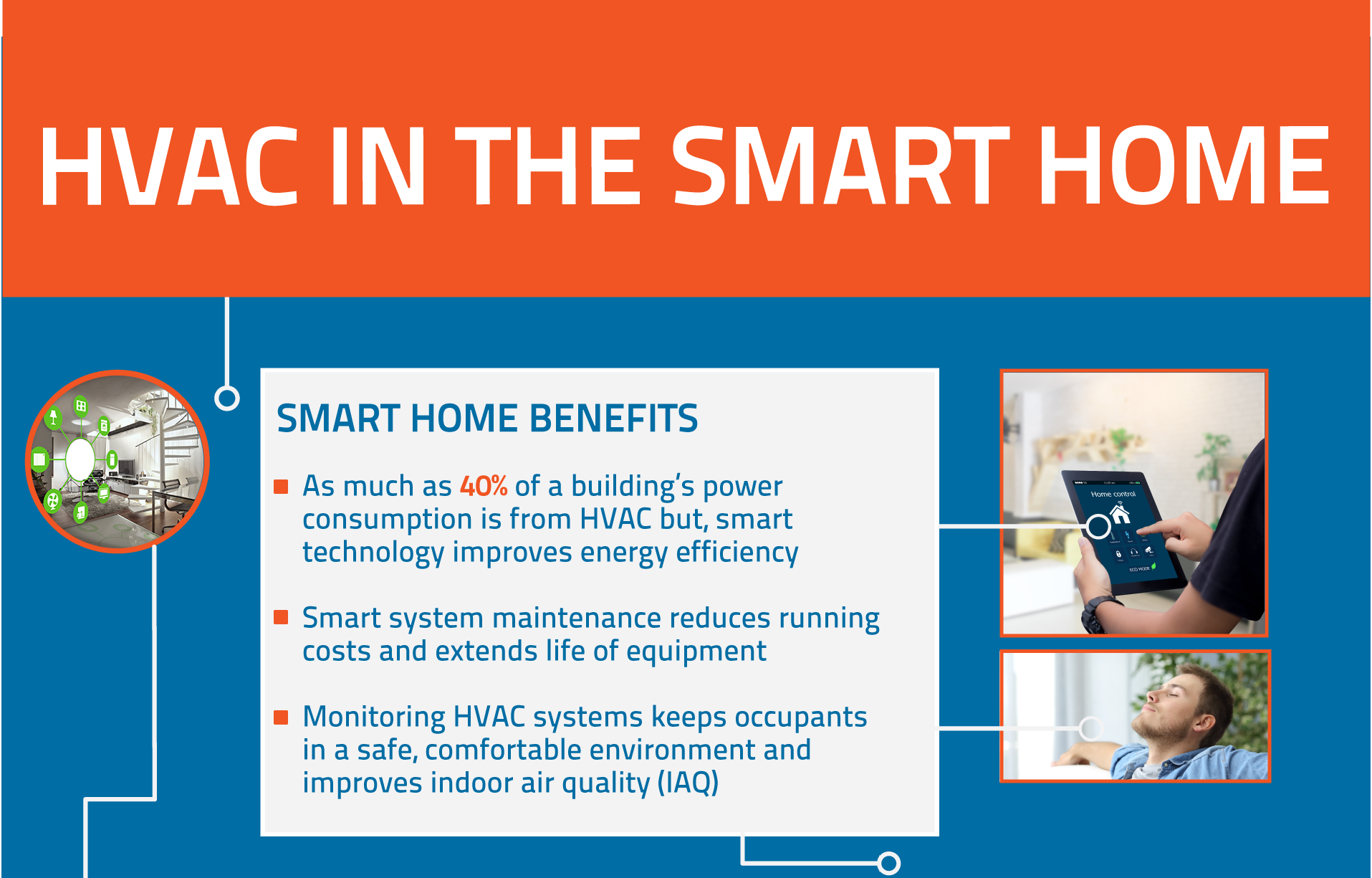Heat Pump Vs Heater - Which Is The Better Home Heating Choice For Your Home?
Heat Pump Vs Heater - Which Is The Better Home Heating Choice For Your Home?
Blog Article
Write-Up By-Midtgaard Rose
Numerous homeowners recognize with heaters, which warmth homes with oil or gas and press hot air with ductwork. They are reasonably affordable and can supply reliable heating even during a winter months power blackout.
However, they use nonrenewable fuel sources and generate carbon monoxide gas and other air pollution. They likewise aren't as energy-efficient as a high-efficiency heat pump.
Expense
Typically, heat pumps are extra budget friendly to operate than furnaces. read article utilize power and cooling agent to extract warm from outside air, and then move it into your home. You can benefit from less costly power prices throughout off-peak hours to additionally reduce your home heating expenses.
Unlike heatpump, gas or wood-burning furnaces utilize combustion to produce heat, discharging flue gases into the environment that can be unsafe to your health. These heating systems are also less energy-efficient than heatpump, and their greater operating costs can add up gradually.
Furnaces are more complex than heatpump and need regular maintenance to make certain the appropriate function of all parts. Despite this, they have a tendency to last longer than heatpump with a normal lifespan of 20 years or more. Nevertheless, you'll need to factor in the expense of gas, gas oil or wood and the extra devices needed for setup and operation such as air ducts and air flow systems.
Power Efficiency
Heatpump have a greater power effectiveness rating than furnaces. These systems make use of power to feed on warmth from the air, also in freezing temperature levels. Visit Home Page can additionally eliminate excess warmth from the home throughout warmer months and reuse it to cool the system. Carrier experts can assist you figure out the best version for your home on environment and resource energy expenses.
Furnaces melt fuel oil, lp, natural gas or various other kinds of fossil fuel to heat up the air in the home. This air is after that dispersed via ductwork using a big follower. Heaters generate greenhouse gases and call for regular upkeep and devices upgrades to make certain risk-free operation.
The most significant advantage of a heater is that it can be operated even in harsh winter conditions because it does not rely upon outside temperature levels to warm the air. Heaters also have a longer life-span than heat pumps and generally last 15 years. They can also be coupled with dual gas choices, which pick one of the most reliable home heating option based upon the weather condition.
Environment
Heat pumps function well in modest environments and make use of much less resource energy than heaters. Nevertheless, if your area is extremely cool, you may need to buy a common gas heating system instead.
Heaters offer cozy, comfy warmth and usually offer quick home heating to raise indoor temperatures. These systems can be made use of with a selection of fuel kinds, including gas, propane, oil or electricity.
They eat extra power than heat pumps-- approximately 3x as much-- and require ductwork that's expensive to install or retrofit. They're additionally more pricey to maintain, as they can cause air quality issues and produce greenhouse gas emissions.
If you're devoted to decreasing your carbon impact, a heat pump is a good option for your home. They have fewer greenhouse gas emissions than heaters, particularly if you choose a power STAR ® heatpump. Your regional Provider professional can describe the distinctions between these 2 heating systems and help you make the very best choice for your one-of-a-kind requirements.
Personal Preferences
Furnaces can be very power efficient when powered by gas, lp or oil, however they aren't as power efficient as heatpump in cold climates. They can likewise be more pricey to set up, calling for gas lines and ventilation systems.
However, furnaces tend to need much less maintenance, which can result in lower recurring expenses. They generate fewer greenhouse gases and are a lot more reputable than heat pumps during severe weather condition.
Electric heat pumps are more functional in producing interior convenience because they can also act as ac unit throughout warmer months. They can be easier to keep, requiring just normal air filter modifications and periodic vacuuming.
If you favor the comfort of a solitary system that does it all, consider a hybrid home heating service that pairs a heater with an electrical heatpump. These systems can instantly change in between the two home heating choices based upon your home's demands and temperature problems, maximizing efficiency and cost savings.